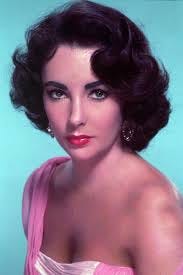Liz Taylor
A face, a pace, and a case.
Liz
Elizabeth Taylor: The Lost Tapes” (Max), directed by Nanette Burstein, draws on a series of interviews Taylor did with journalist Richard Meryman starting in 1964. Taylor died in 2011. The footage of her, starting as a child actor in Hollywood, is stunning, as is the beautiful girl Taylor was, who always looks a bit lost, on camera and off, as if to …



